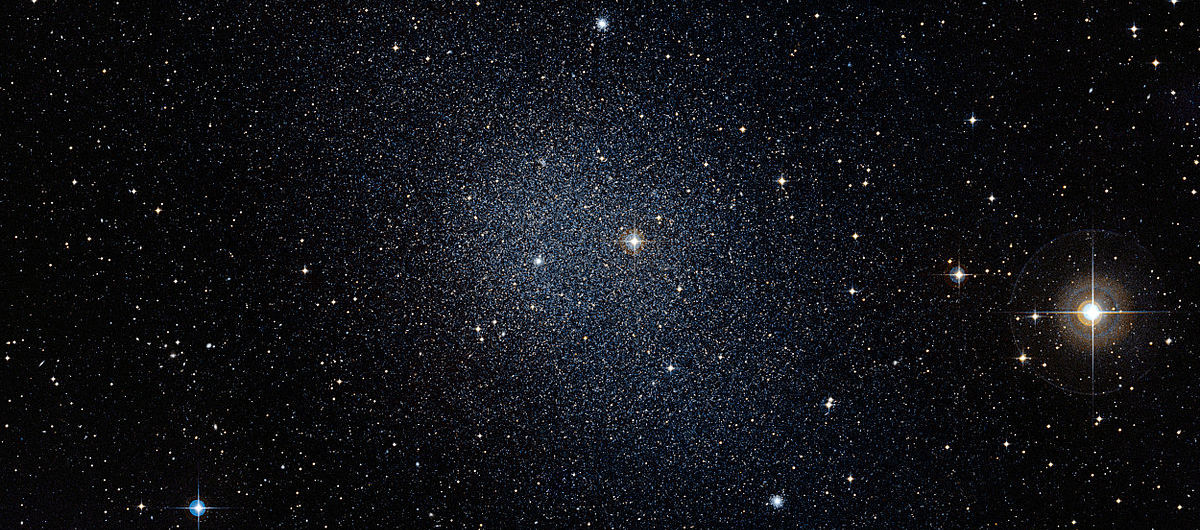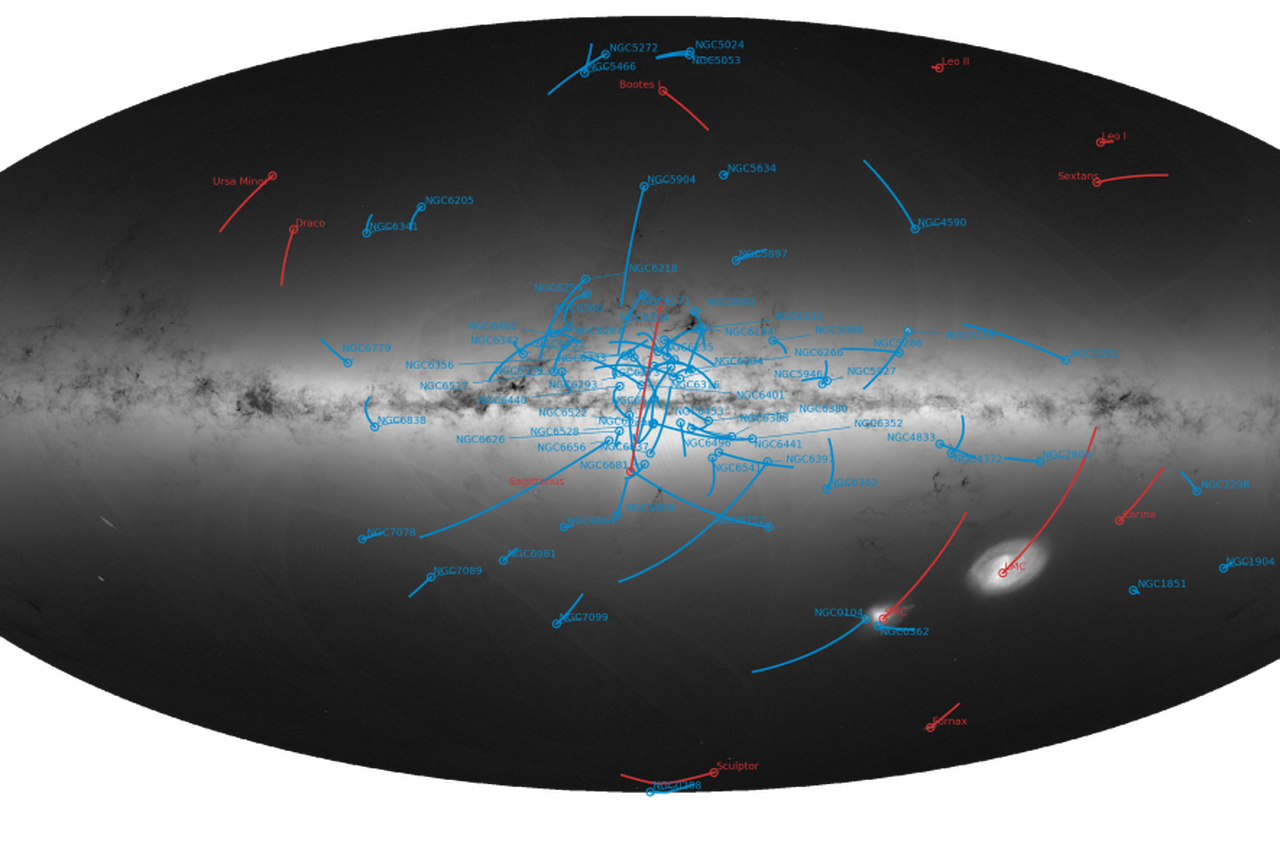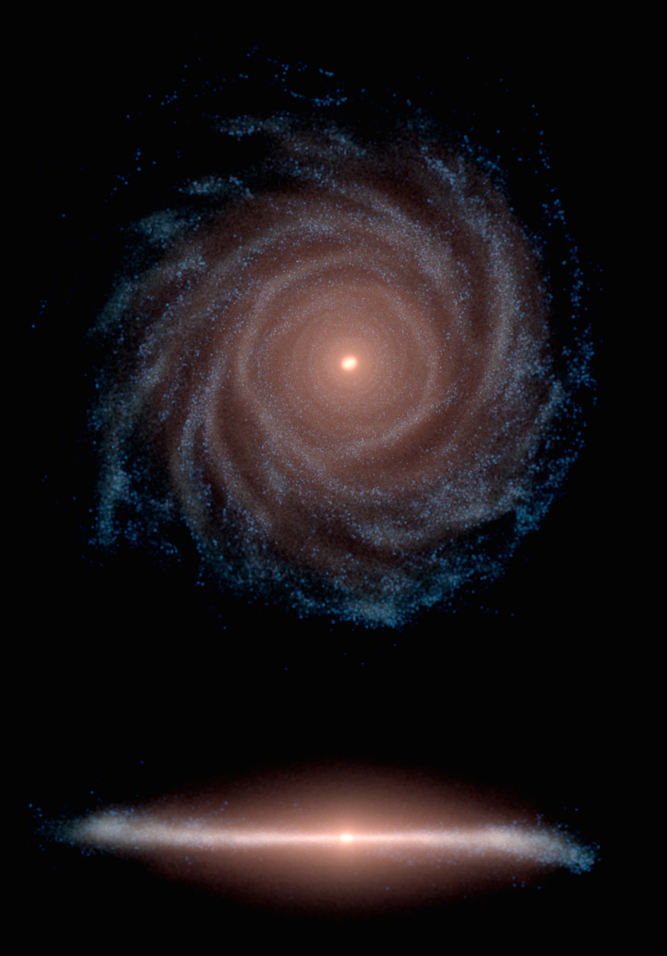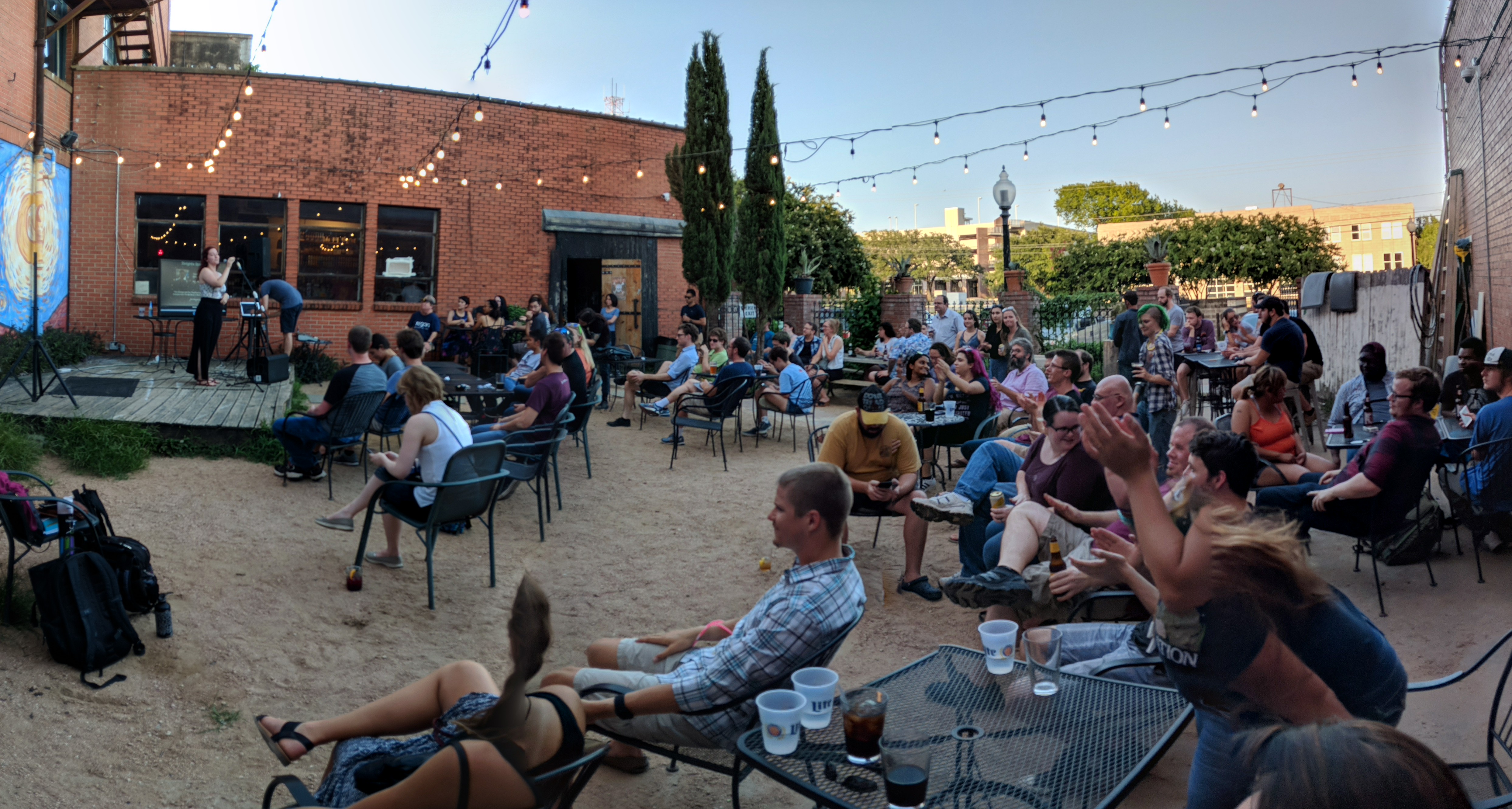About Me

I am an 1851 Research Fellow at the Institute for Computational Cosmology at Durham University .
My research interests focus on using low-mass galaxies and their stellar streams to learn about dark matter. I work at the interface between observational datasets and cosmological simulations.
I grew up in Cleveland, Ohio and went to University of Texas at Dallas for undergrad and Texas A&M for my PhD. In the little free time I have, I enjoy reading, running, and cuddling with my kitty named Carina.
Research

I am broadly interested in how the properties of satellite galaxies inform our theory of how galaxies form and evolve. To do this, I use both observations of satellite galaxies in the local Universe and cosmological simulations of Milky Way analogs.
You can read a little more about the main components of my research below, get a copy of my CV, access code and data from my work on Github, or get a list of my papers from NASA/ADS.
Dark Energy Survey

The Dark Energy Survey is an international collaborative effort to map hundreds of millions of galaxies to probe the nature of the mysterious dark energy that is accelerating the expansion of our Universe. The superb photometry has led to many new discoveries of ultra-faint dwarf galaxies that are satellites of the Milky Way. I use these newly discovered Milky Way satellites, as well as satellites around other galaxies in the local Universe, as tests of our current models of how galaxies form.
Gaia

Gaia is a space observatory of the European Space Agency designed to measure the positions, distances, and motions of stars with unprecedented precision. Since its second data release, new proper motions have been determined for nearly all satellites of the Milky Way. I use these proper motions, combined with previous literature values, to evaluate the orbital properties of the satellite system as a whole and then compare the results with simulations.
Cosmological simulations

The Auriga Project is a large suite of high-resolution magneto-hydrodynamic zoom simulations of Milky Way-sized galaxies. It is simulated using the state-of-the-art AREPO code and includes a galaxy formation model based on the Illustris simulation.
The Auriga simulations are particularly noteworthy for forming galaxies with two-component stellar disks that are comparable to the Milky Way across a wide range of present-day observables. I use these simulations to evaluate how the formation and evolution of a galaxy's stellar disk affects the dynamics of its satellites to draw conclusions about how the same processes occur for the Milky Way.
I have also used APOSTLE (A Project Of Simulating The Local Environment), a suite of twelve cosmological hydrodynamic zoom simulations using the EAGLE code. The volumes were selected to match the kinematics of the Local Group members (i.e. Milky Way and Andromeda pairs).
Image credits: (Fornax) ESO DSS-2; (Blanco telescope dome and Milky Way) Reidar Hahn/Fermilab; (Gaia satellite orbits) Amina Helmi/Maarten Breddels/ESA/Gaia/DPAC; (simulated galaxy) Auriga Project.
Outreach
Astronomy is a "gateway science" that sparks imaginations young and old alike. I enjoy spreading this interest in settings both in and out of the classroom.
Astronomy on Tap

I am the founder and organizer of the local Astronomy on Tap — free monthly events that feature accessible and engaging science presentations in a relaxed pub environment. Our events also include astronomy-themed trivia with prizes and an In the News segment where astronomers explain recent astronomy headlines. We've been featured in both university and local press.
In the Classroom

I also participate in a number of outreach programs designed to reach students. Here are some of my more recent efforts:
- Skype A Scientist: match scientists with classrooms around the world for 30 to 60 minute Q&A sessions that cover the scientist's expertise or what it's like to be a scientist
- Letters to a Pre-Scientist: demystify science careers by creating personal connections between students from high-poverty schools and real scientists
- Adopt-a-Physicist: pairs high school physics classrooms with real physicists who answer questions about hobbies, careers, and daily life in a Reddit-style AMA
- In-person tours to speak with local classrooms about life as a scientist. Most recently for career day at Samuel Beck Elementary School
Contact
Email: alexander [dot] riley2 [at] durham [dot] ac [dot] uk







